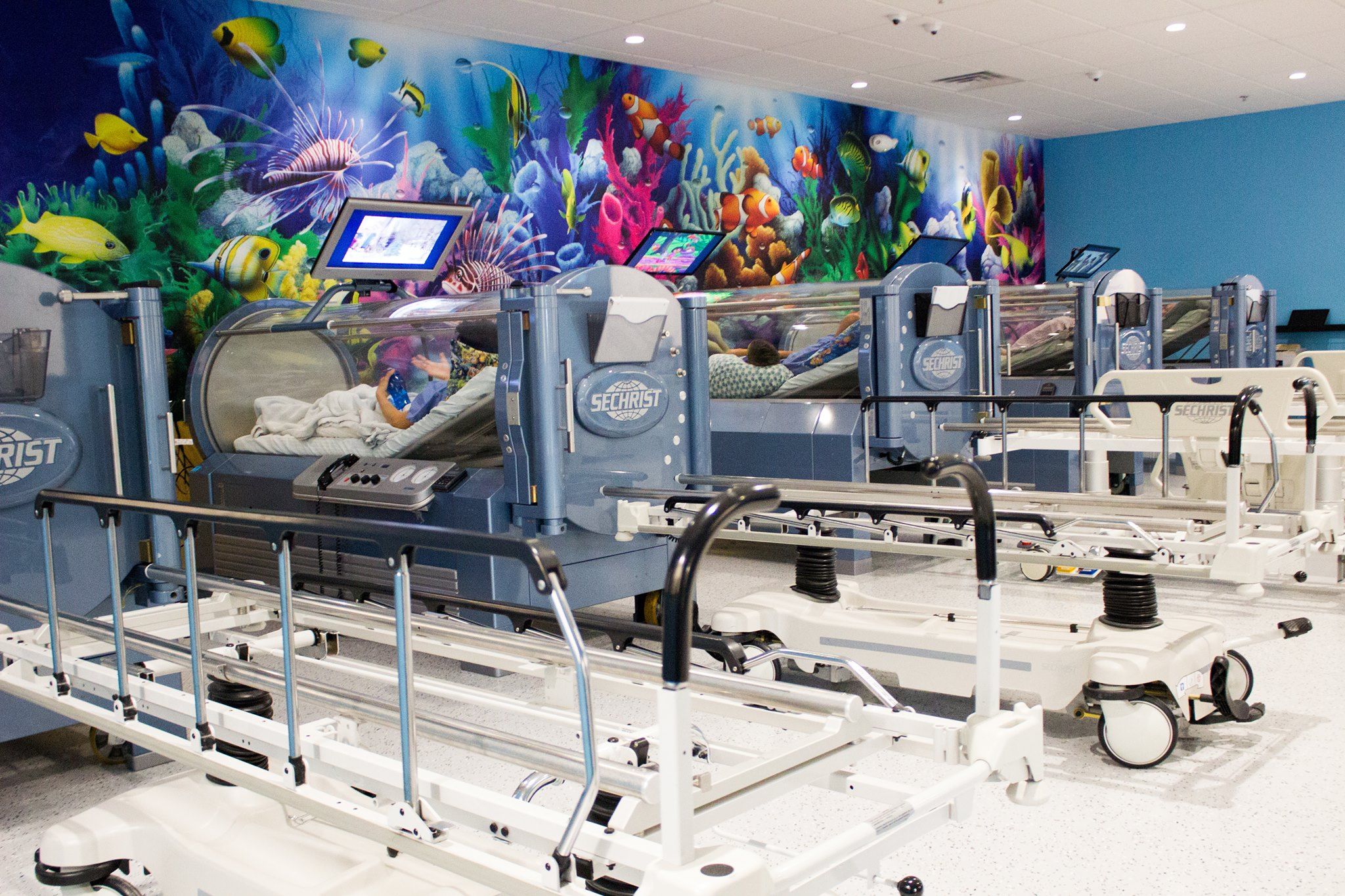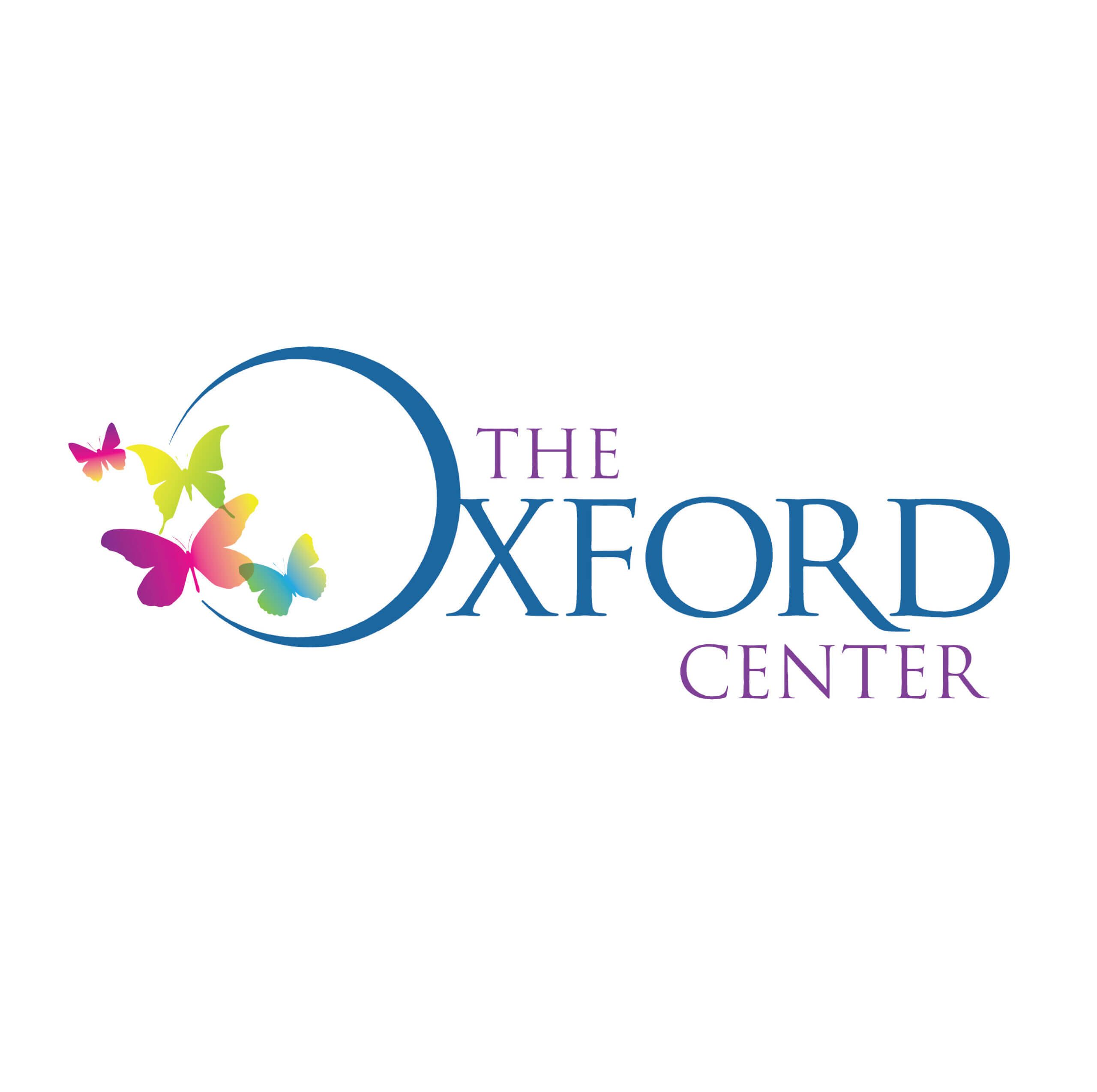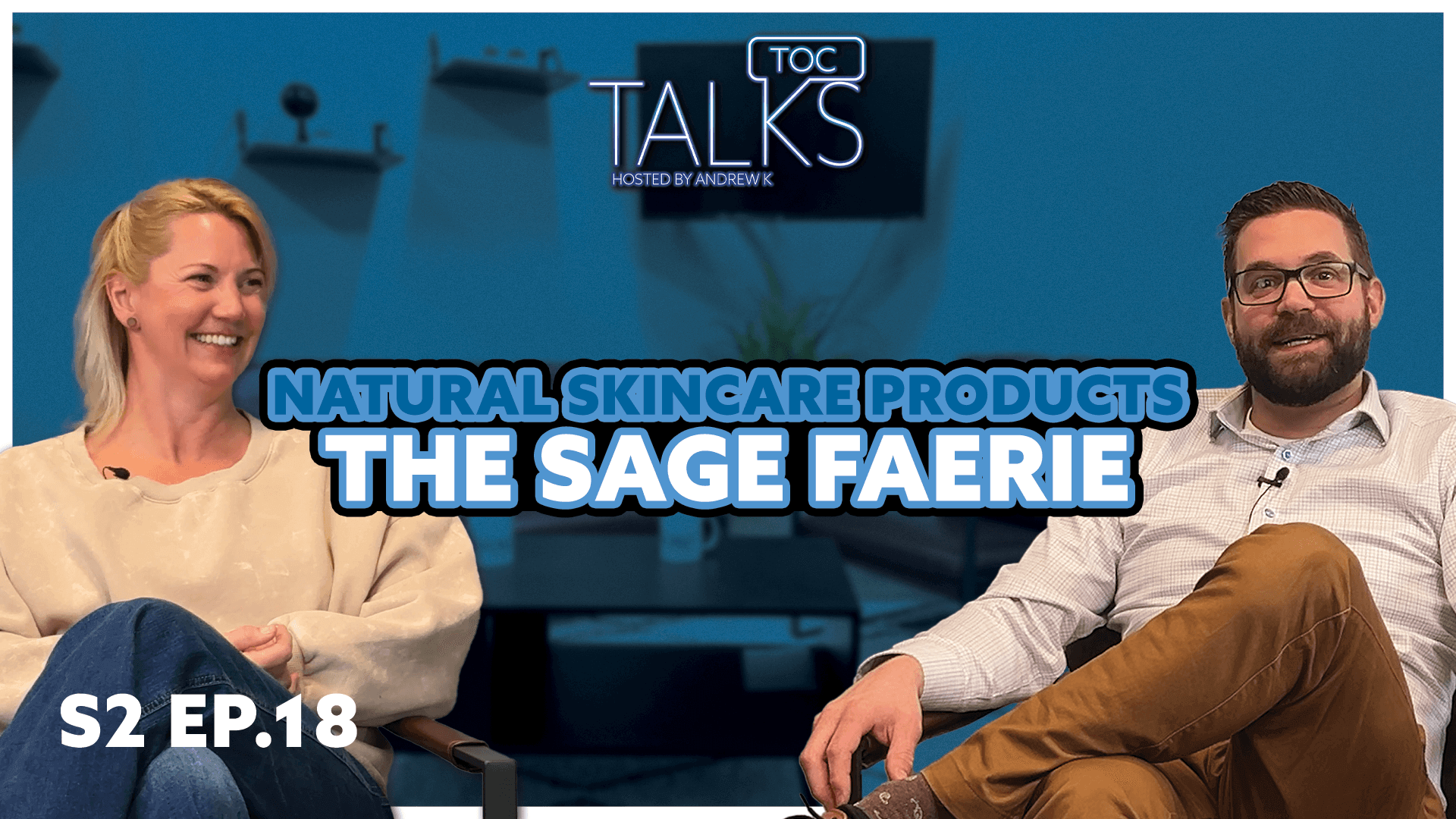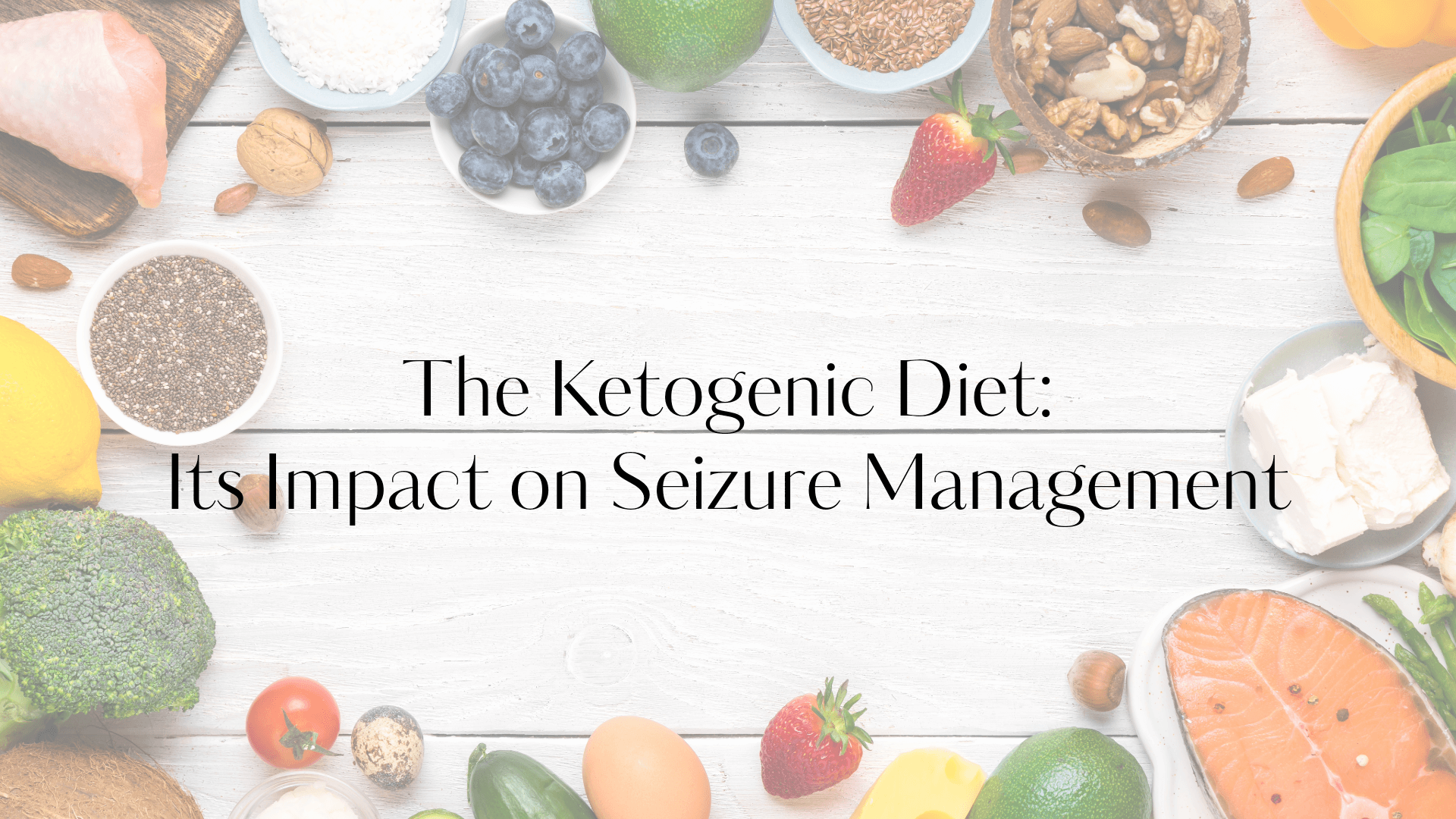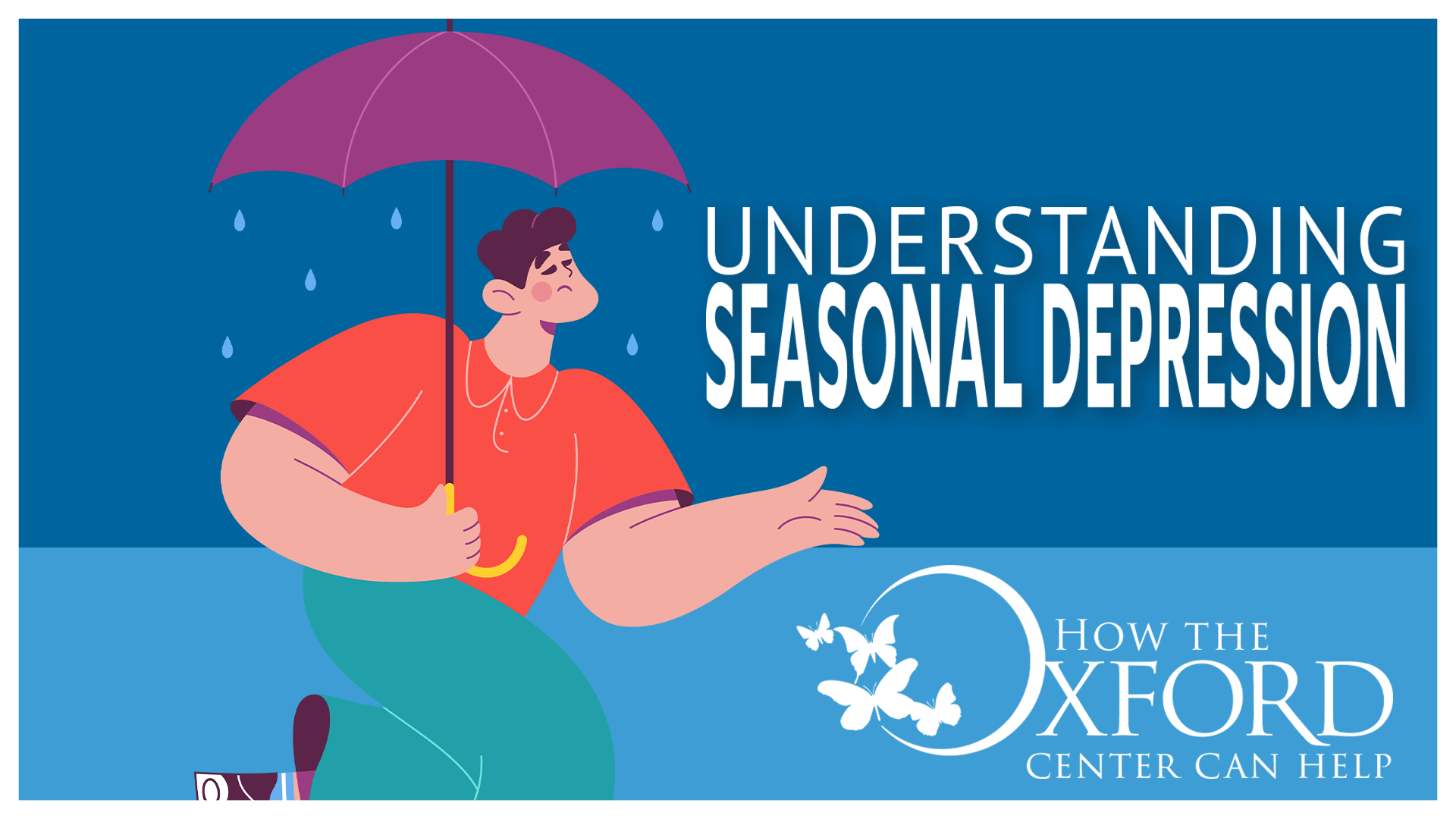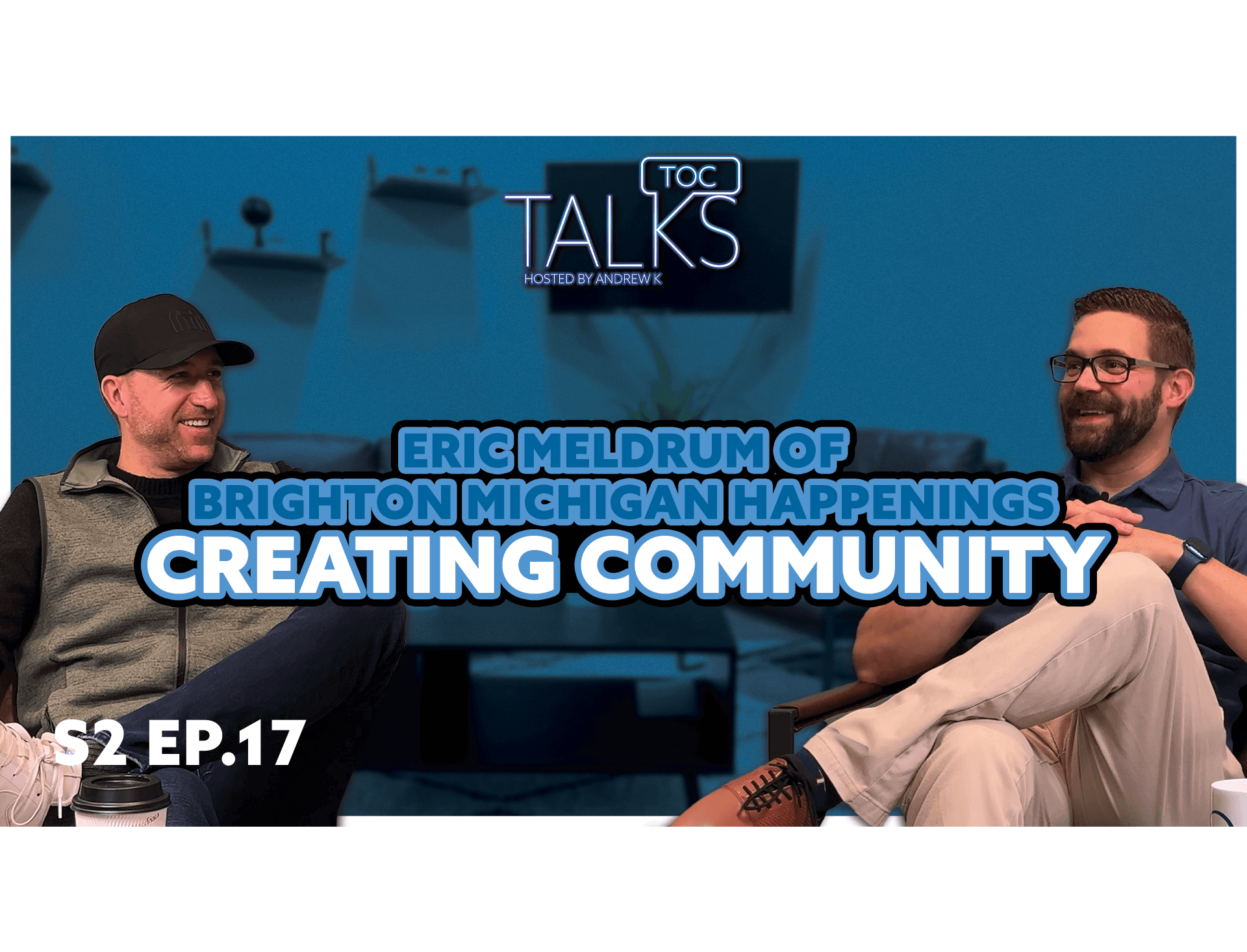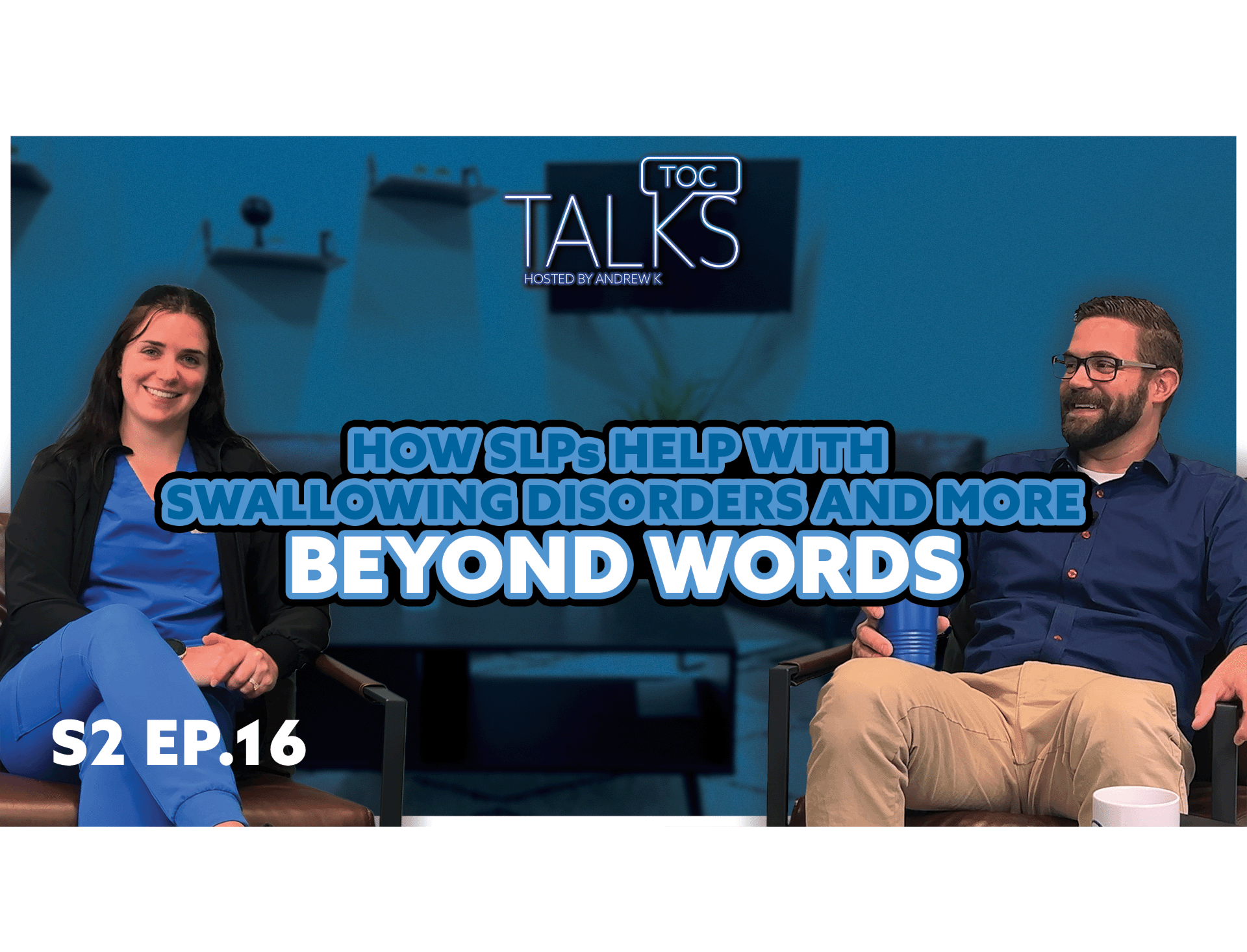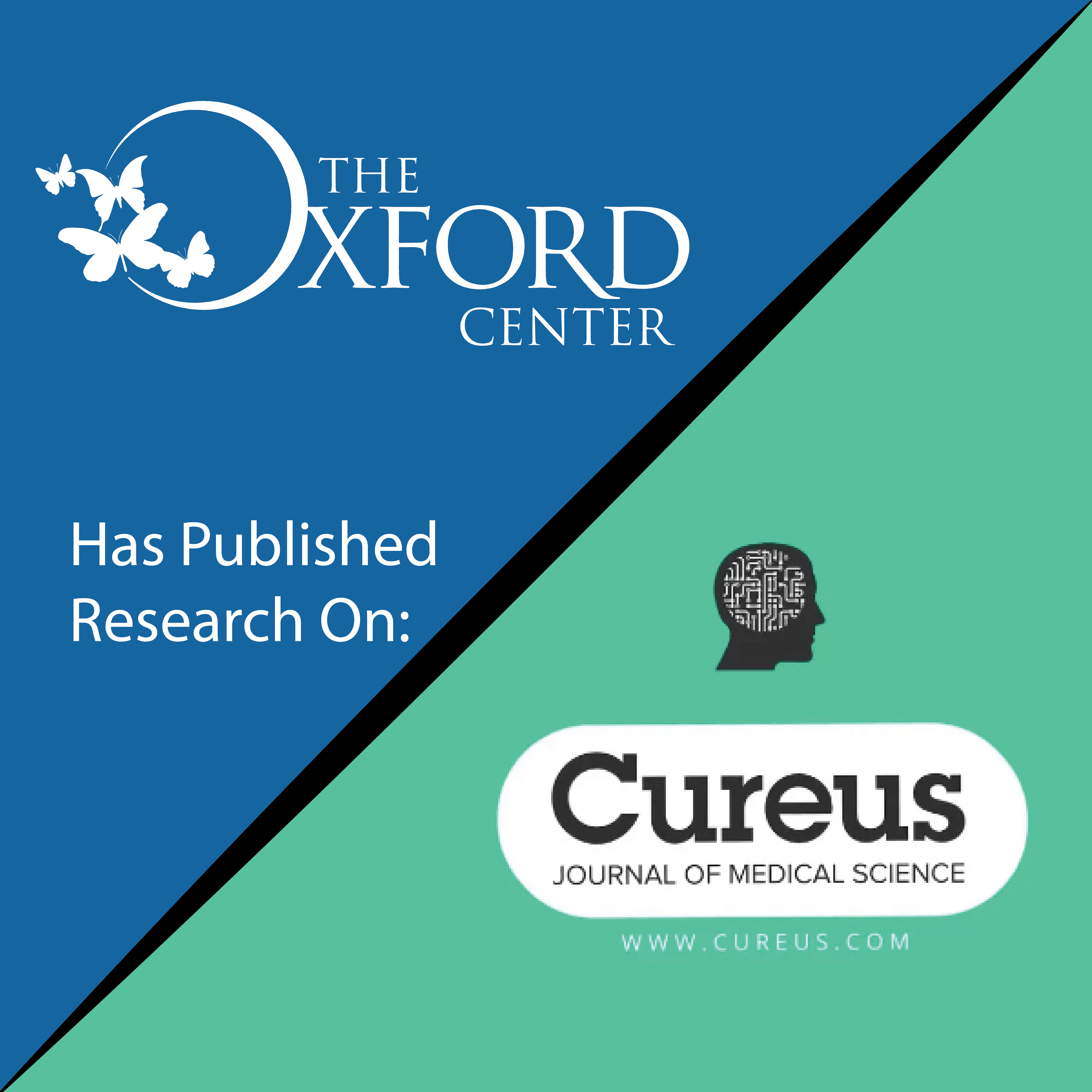FOR IMMEDIATE RELEASE – The Oxford Center Unveils Significant Findings in Autism Spectrum Disorder Research
Date: January 4, 2024
Location: Brighton, Michigan
The Oxford Center is elated to announce a major breakthrough in Autism Spectrum Disorder (ASD) research with its latest publication, “The Effects of Hyperbaric Oxygen Treatment on Verbal Scores in Children With Autism Spectrum Disorder: A Retrospective Trial”. This research, led by a team of Medical Doctors, Biostatisticians, and Researchers, offers new insights into the treatment of ASD.
Our study utilized a robust two-group quasi-experimental design, meticulously analyzing the effects of Hyperbaric Oxygen Therapy (HBOT) on children with ASD as compared to a control group receiving standard ASD therapies such as ABA, Speech, and Occupational Therapy. Key findings include a statistically significant improvement in verbal scores among the children who received HBOT in addition to standard ASD therapies, with an average improvement of 48.95% in the four areas in the field of speech-language pathology. This result when compared to the control group not only highlights the potential of HBOT as a viable intervention for ASD but also paves the way for future research in this area.
The research team’s thorough approach, encompassing detailed data analysis and a commitment to scientific rigor, underscores The Oxford Center’s dedication to transforming healthcare outcomes. We believe these findings represent a significant step forward in enhancing communication abilities and quality of life for children with ASD.
The publication can be found on The Cureus Journal of Medical Science website.
For further details about this study and its transformative impact on ASD treatment, please contact Tami Peterson, PhD at Tami@TheOxfordCenter.com.
End of Release
